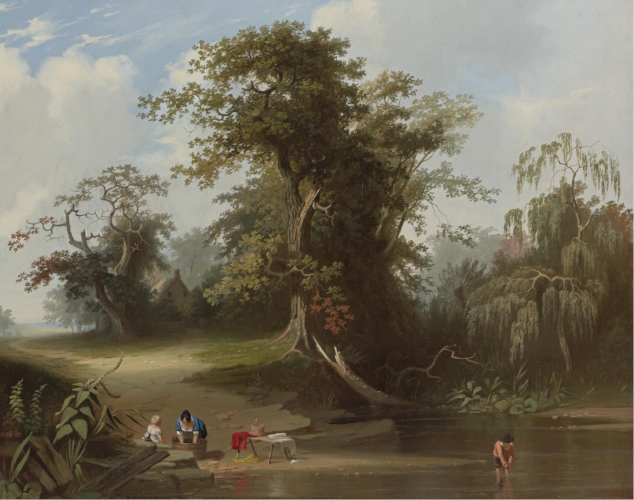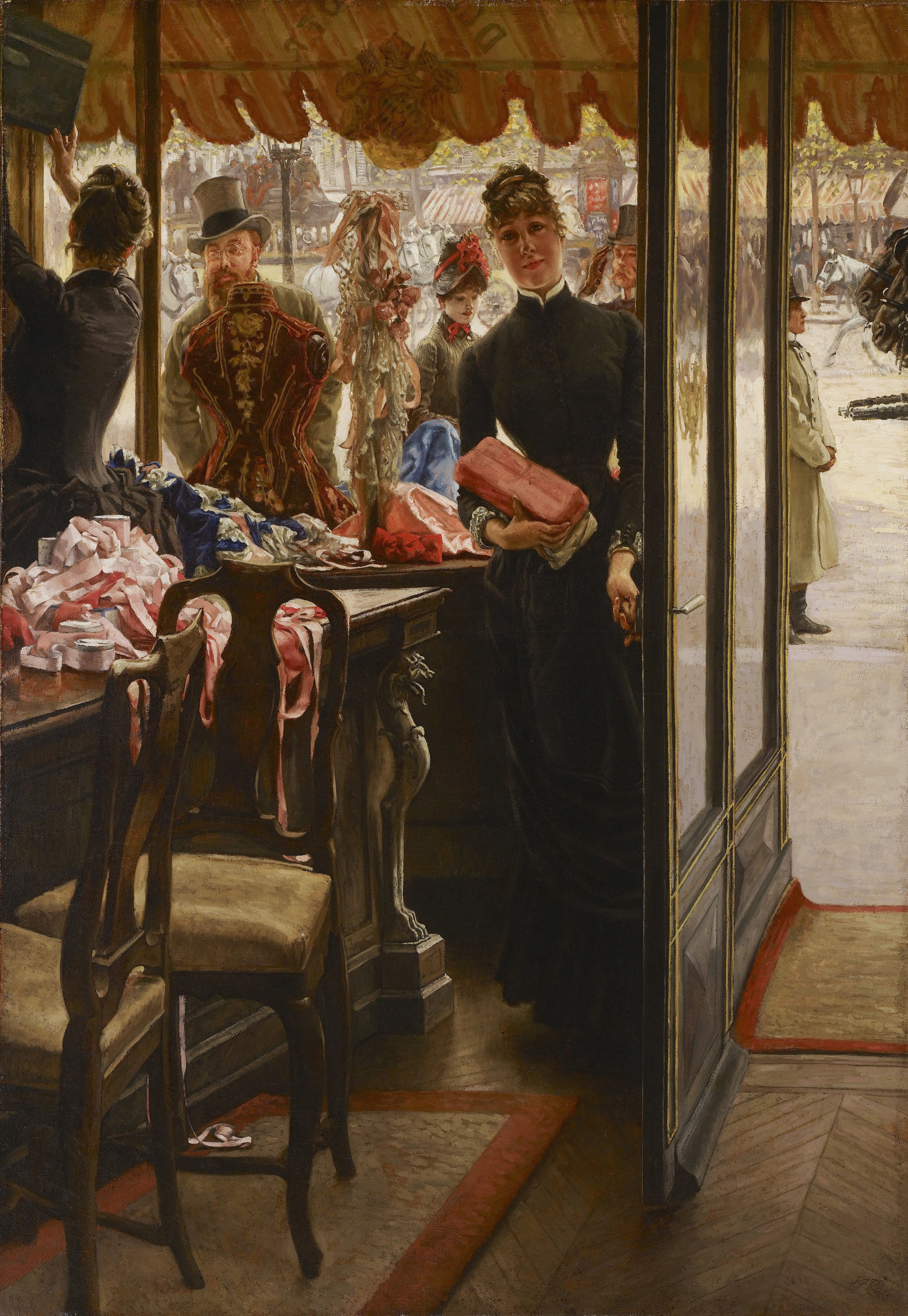A weak-spirited young man is led into trouble by his uncle’s multiple wills.
Anthony Trollope (1815-1882) is too well known to require introduction here; in fact he ought not to be here at all, except on the theory that, though not forgotten, he is nonetheless not often given his due, as the greatest of all novelists. Anyway I have included him so as to complete my set of literary Trollopes. Cousin Henry exhibits in brief what makes Anthony Trollope the greatest of all novelists: his full and accurate representation of human nature. He shows here the complicated workings of a commonplace mind bent on justifying an act of selfish injustice.
“The analysis of character is so exhaustive, and makes us so familiar with all his ins and outs, that we get to feel as if we were in some way to blame for him, or as if we ourselves might possibly have been Cousin Henry in (we hope) some very remote state of being.” Spectator, October 18, 1879
“The minute dissection of commonplace characters has long been the special feature of Mr. Trollope’s writings. The present story excels both in minuteness and commonplace.” Athenaeum, October 18, 1879
“His insight into the making and constitution of a poor creature is comprehensive and masterly.” Saturday Review, October 25, 1879
Download this week’s novel here:
v.1 https://archive.org/details/cousinhenrynovel01trolrich
v.2 https://archive.org/details/cousinhenrynovel02trolrich




















